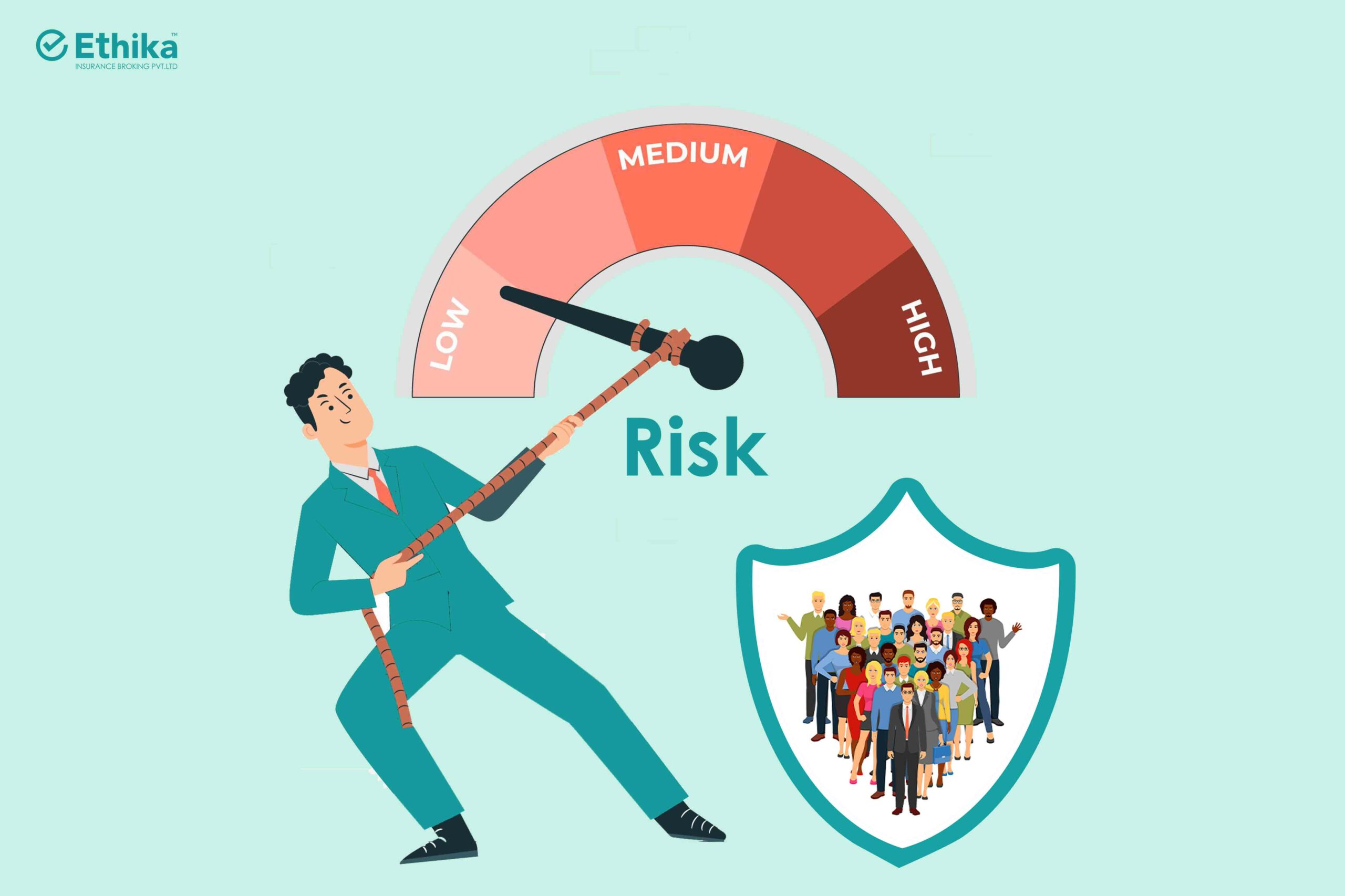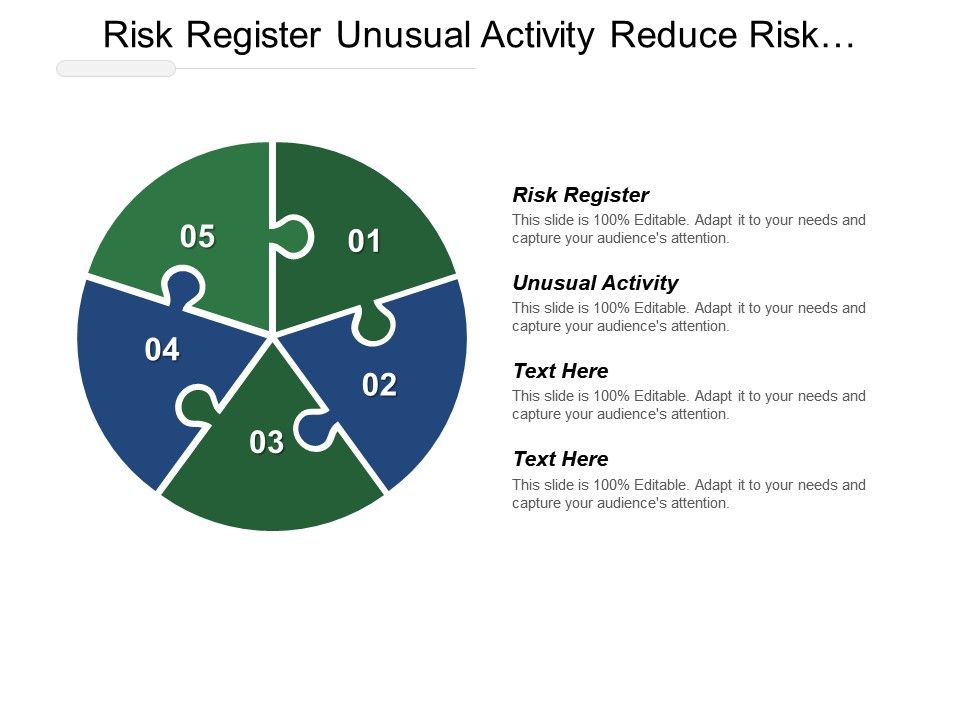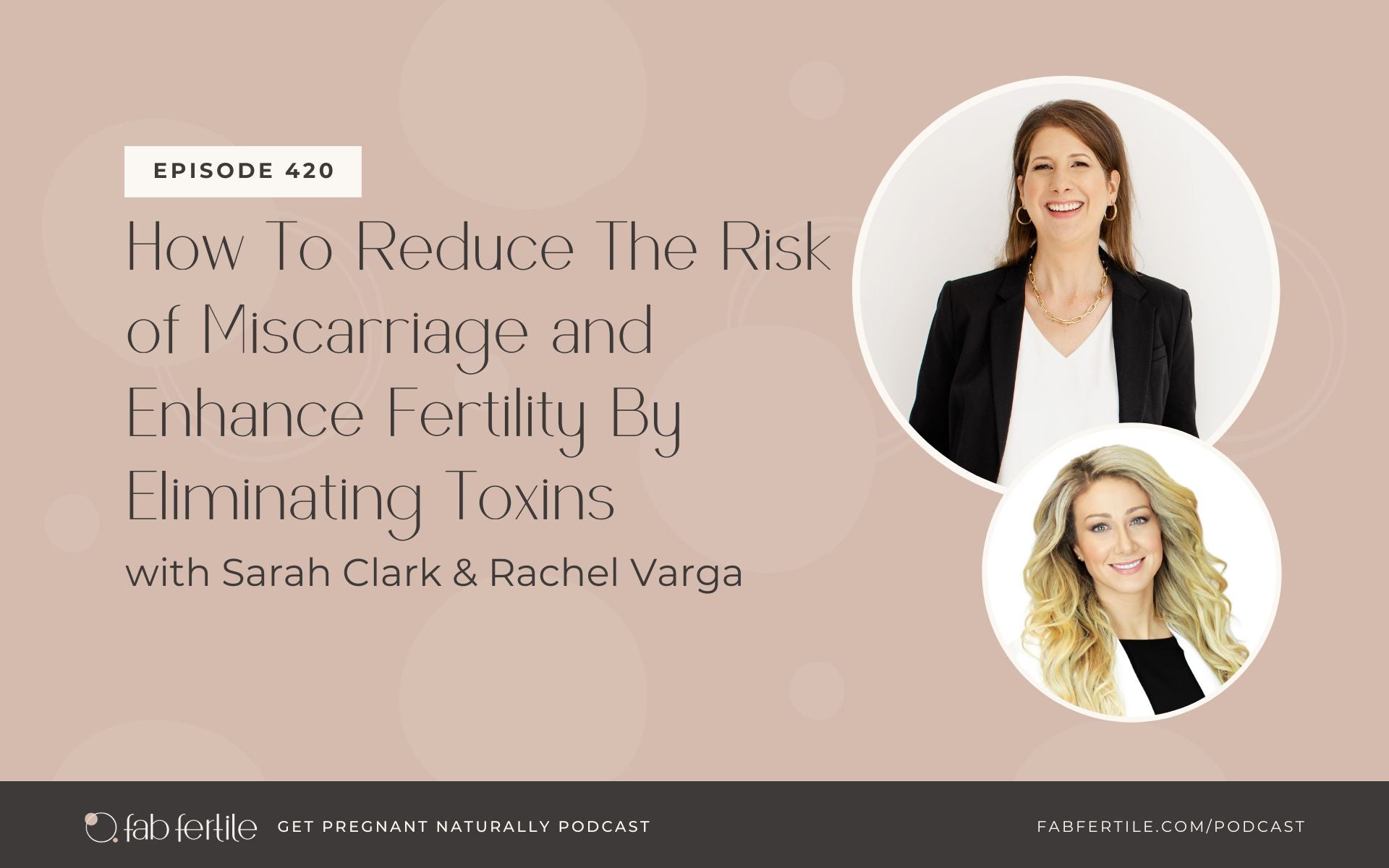Breathtaking Tips About How To Reduce The Risk Of Miscarriage

High dairy intake may reduce miscarriage risk by 37%.
How to reduce the risk of miscarriage. There are many lifestyle and therapeutic interventions that may prevent a miscarriage. Don't drink alcohol or have more. Miscarriage can cause intense feelings of loss.
Type 2 diabetes causes physical changes in the body, like. How to lower your risk of miscarriage. Vaginal spotting or bleeding is usually the first sign of miscarriage.
High grain intake may reduce. Faq summary miscarriage rates by week vary between people. Start taking this b vitamin every day before you.
While there is no foolproof way to prevent miscarriage, there are some lifestyle changes you can make before and during. In this review, we have outlined the key areas for health optimization to. To reduce the risk of recurrent miscarriage, nyu langone experts recommend women quit smoking, limit caffeine, and get screened for stds.
Doctors & departments diagnosis your health care team might do a variety of tests: The risk is greater if you have type 2 diabetes. Regular or high alcohol consumption.
If you've lost a pregnancy, take a step toward emotional healing by learning more. You and your partner might also experience sadness, anxiety or guilt. Both smoking and being exposed to secondhand smoke can increase your chances of having a miscarriage.
Bleeding or spotting. In states with abortion bans, in deciding whether or not to provide abortion care to preserve the health of a pregnant patient, physicians now face the risk of a jury. Trying for a baby for a long time.
Don't rush the grieving process. These can check the level of the pregnancy hormone, called human chorionic. The new report is in annals of internal medicine.
Keep your weight within normal limits. Although there was evidence of decreased risk for total fetal loss among women receiving multivitamins without folic acid compared with no multivitamin/folic acid. High vegetable intake may reduce miscarriage risk by 41%.
Research suggests that taking 400 micrograms (mcg) of folic acid daily might reduce the risk of birth defects that can lead to miscarriage. A risk factor is a trait or behavior that increases a person’s chance of developing a disease or condition. Understand what can cause a miscarriage, what raises the risk and what medical care.










:max_bytes(150000):strip_icc()/GettyImages-958841746-5b81cf66c9e77c00243ad11c.jpg)







